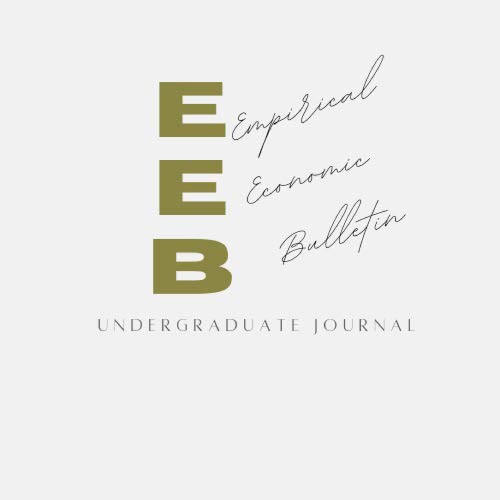
Abstract
Most early works find that homosexual and bisexual men suffer from a wage disadvantage and that lesbian and bisexual women earn a substantial wage premium compared to their heterosexual counterparts. Almost all earlier works use 1980-1990 General Social Survey data and Census 1990 data. This economic analysis uses more recent 2010 GSS data and finds statistically insignificant results that that both homosexual and bisexual men and women earn a wage differential. This is most likely attributed to the new terminology included in the 2010 GSS. For the first time, the GSS records the sexual orientation of the respondent whereas past surveys have asked about the sexuality of partners. These results are attributed to few people who openly identify themselves as homosexual or bisexual. One may conclude that economists’ previous definition of sexuality is flawed, or that sexuality is too personal of a question for honest survey results.
Included in
Econometrics Commons, Growth and Development Commons, International Economics Commons, Other Economics Commons

